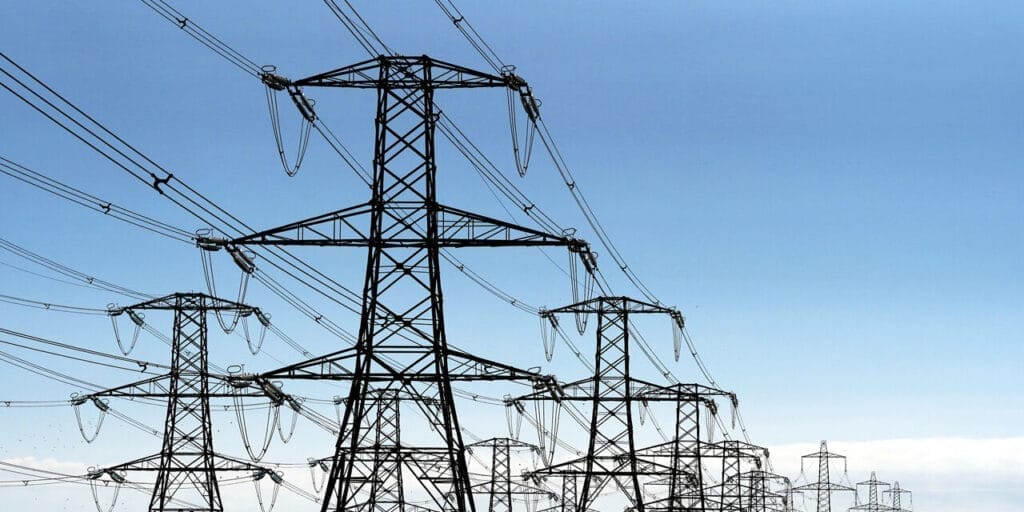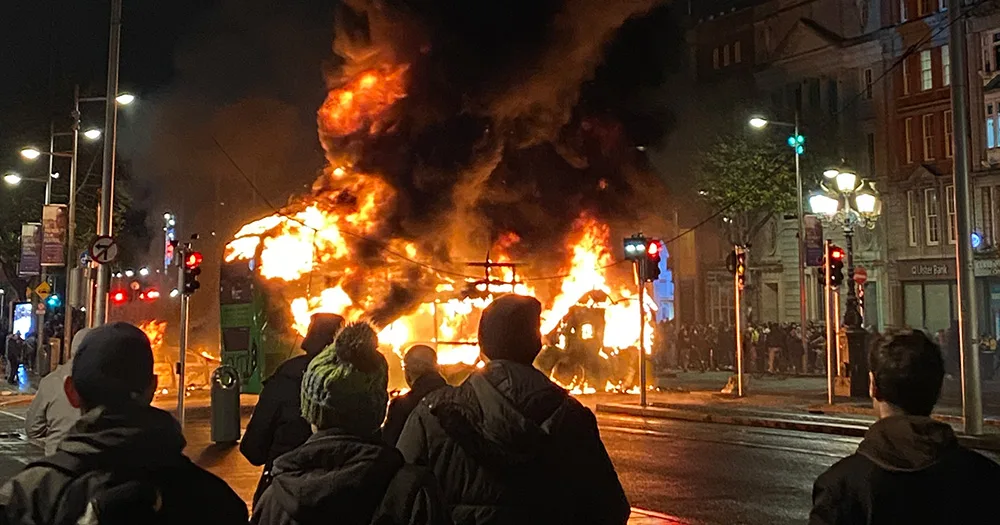India Launches Operation Sindoor and Pakistan Vows Retaliation
The deadly militant assault in Indian occupied Kashmir left 26 people dead. India blames Pakistan for the attack. Hence, in retaliation, Operation Sindoor was launched to target what it described as “terrorist infrastructure” inside Pakistan and Pakistan-occupied Kashmir.
The operation led to airstrikes in Pakistan, which escalated the tensions between the two nuclear-armed neighbours. This article reveals the most dangerous confrontation between India and Pakistan, which has sparked global alarm and regional disruption.
The Pahalgam Attack
Pahalgam is a scenic town located in Jammu and Kashmir. It became a target of a militant attack on April 22. The militants opened fire on a group of tourists. This claimed the lives of 25 Indians and one Nepali national. Many witnesses have reported that the attackers target Hindu men, leading to communal violence.
It is said to be the worst assault on civilians in Kashmir in two decades. Even though the Indian government has not held any particular group responsible for the massacre. However, India still suspects Pakistan for enabling cross-border militancy.
Pakistan has rejected these claims, calling them baseless and politically motivated. However, Indian Prime Minister Narendra Modi has issued a statement promising his nation that he would punish those responsible for the attack.
The situation remained tense in the following days. Both countries expelled their diplomats, suspended visas, and restricted cross-border movement.
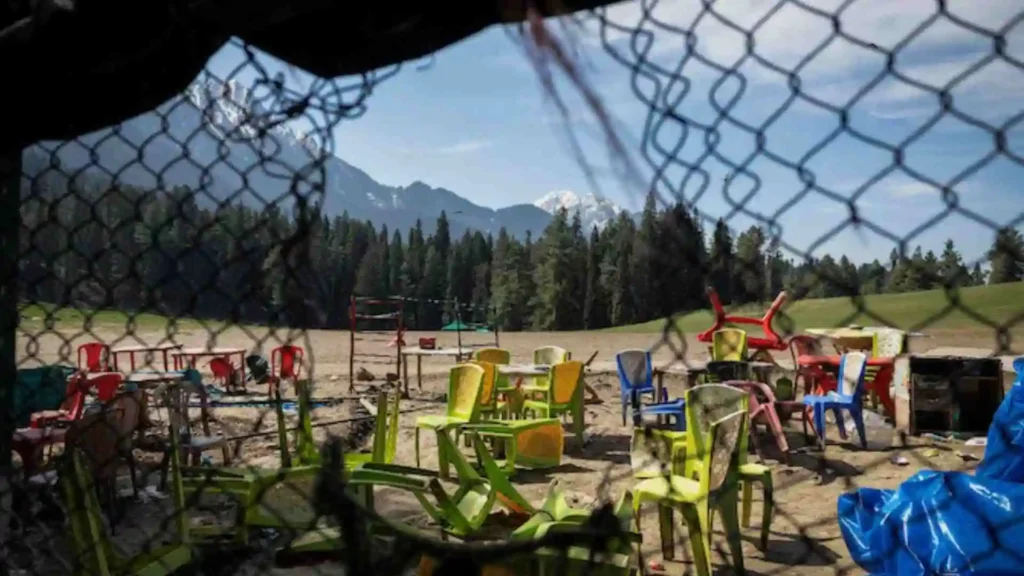
What is Operation Sindoor?
On May 7, India launched Operation Sindoor, a military operation against Pakistan that is seen as the most significant Indian cross-border military action since the 2019 Balakot airstrikes. The name refers to the colour vermillion red, which married Hindu women wear. It symbolises the windows left behind after the April 22 attack.
The Indian Defence Ministry has stated that nine sites in Pakistan and Pakistan-occupied Kashmir were targeted. According to them, these sites were training camps, indoctrination centres, and launchpads for militant activity.
The Indian government has emphasised that the air strikes were “precise, measured, and non-escalatory.” They ensured that no Pakistani military base was hit. However, the Pakistani government has reported civilian casualties along with infrastructural damage.
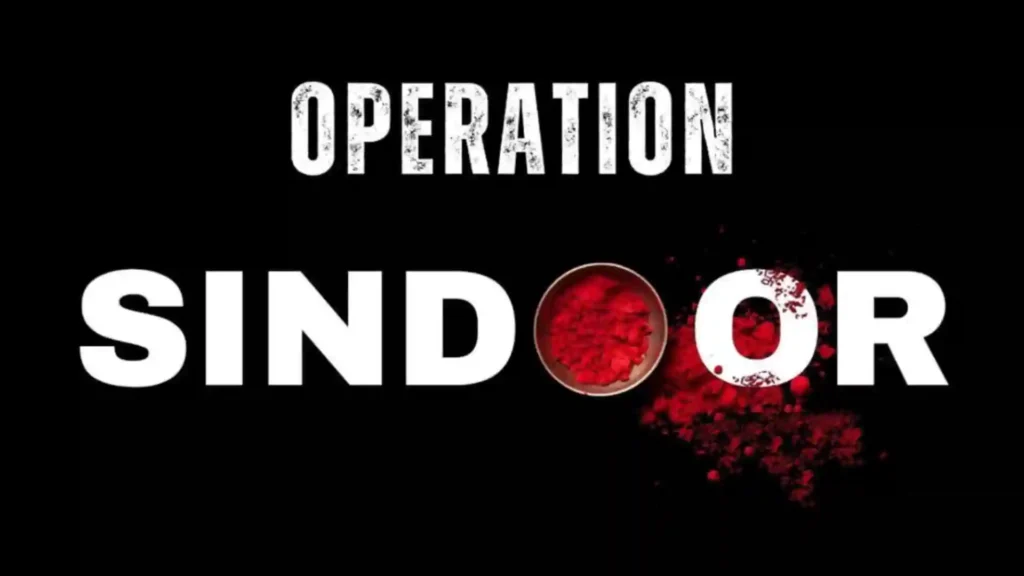
Pakistan’s Reaction
Islamabad has condemned India’s 2025 strike on Pakistan, labelling it as “unprovoked aggression.” The Prime Minister Shehbaz Sharif issued a statement calling the attack a “heinous act of war.” His post on X further states, “The cunning enemy has carried out cowardly attacks… Pakistan has every right to respond forcefully.”
According to the reports of Pakistan’s military, at least 26 civilians were killed and 46 were injured. They have also shot down five Indian fighter jets and a drone. However, India is yet to confirm this.
Lt. Gen. Ahmed Sharif Chaudhry, spokesperson for Pakistan’s military, has warned India of “corresponding actions” in self-defence. Khawaja Asif, Pakistani Defence Minister, called out India on “fabricating justifications” for targeting civilians.
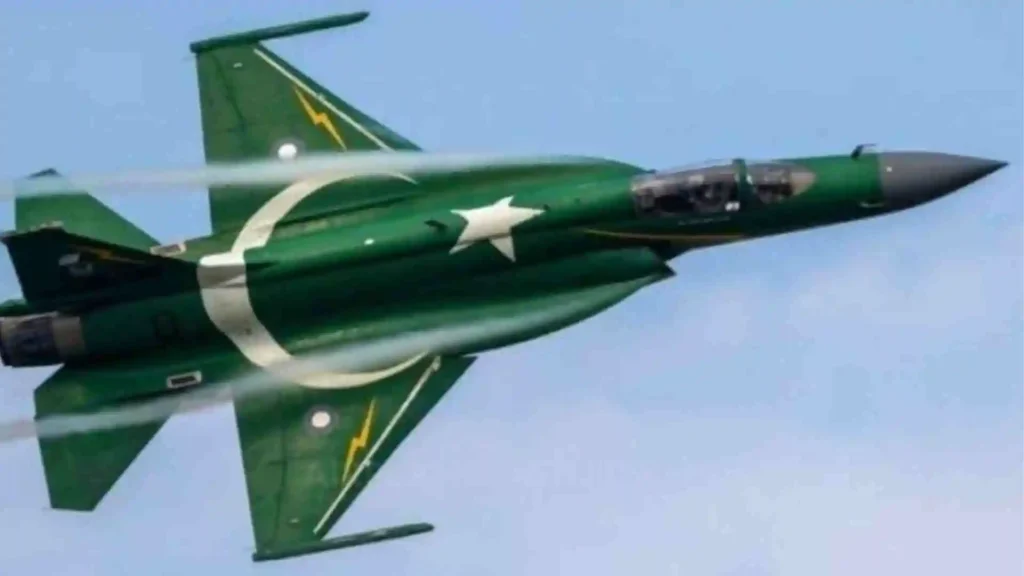
Impact on Airspace and Aviation
Tensions between Pakistan and India have disrupted air travel across the region. The Pakistani Civil Aviation Authority shut down the airspace for 48 hours.
This led to widespread flight cancellations and diversions. Many Gulf carriers, such as Emirates, Etihad, and Qatar Airways, have suspended services to Pakistani cities on high-alert status, such as Islamabad, Lahore, and Sialkot.
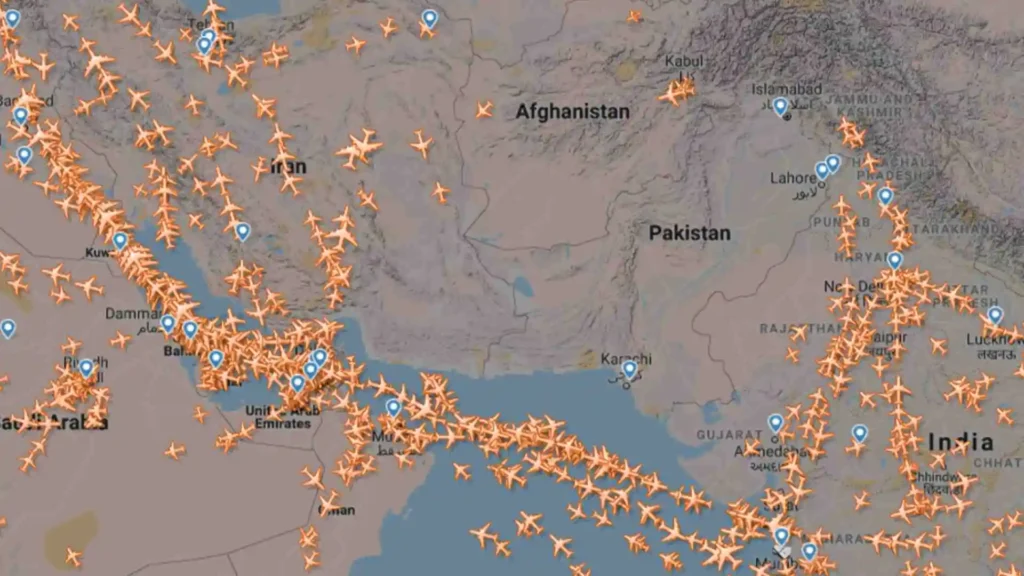
On the other hand, India closed airports in northern regions, including Amritsar, Jammu, Srinagar, and Leh. This led to cancellations and rerouted flights. Many Indian airlines like SpiceJet and IndiGo have posted warnings of extended travel times and delays.
Statement from Ireland’s Travel Advisory
Ireland’s Department of Foreign Affairs (DFA) has issued a statement advising its citizens to avoid travelling to or near the India-Pakistan border, including Jammu and Kashmir. The travel advisory claims the situation is “tense and unpredictable.”
Hence, Irish travelers should remain cautious and well-informed and follow the guidance of local authorities to stay safe. Irish citizens in Pakistan and India were also cautioned about flight disruptions and advised not to travel on key routes like the Karakoram Highway.
Reaction Of The World
The world was quick to call for de-escalation. UN Secretary-General António Guterres has urged “maximum restraint.” US President Donald Trump hoped for a quick resolution, calling the conflict “a shame.” US Secretary of State Marco Rubio had conversations with the country’s national security officials. He pushed for keeping communication channels open.
China has issued a statement expressing deep regret over India’s actions. The country urged dialogue between both sides to help resolve their disputes. Russia has also voiced concern. Countries like Turkey, Japan, the UAE, and the UK have warned that the risk of a full-scale war has significantly increased. The Prime Minister of Qatar, Mohammed bin Abdulrahman Al-Thani, has offered support for peaceful mediation between both countries.
What Does The Future Hold?
India and Pakistan have fought over Kashmir since their independence in 1947. The tensions were reignited following the April 22 attack and Operation Sindoor. The situation seems tense as both countries are nuclear powers. The global leaders have urged them to enter into a dialogue to help restore regional stability. Currently, all eyes are on Pakistan’s response.
LATEST NEWS
DISCOVER MORE


